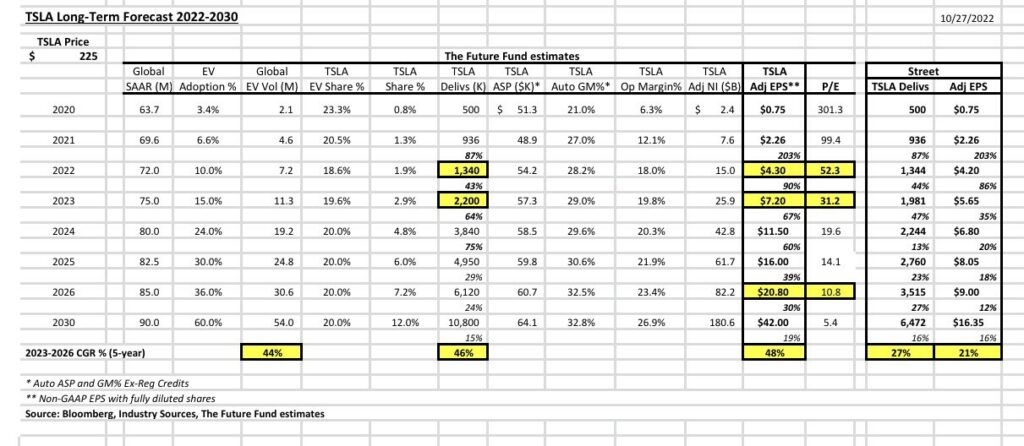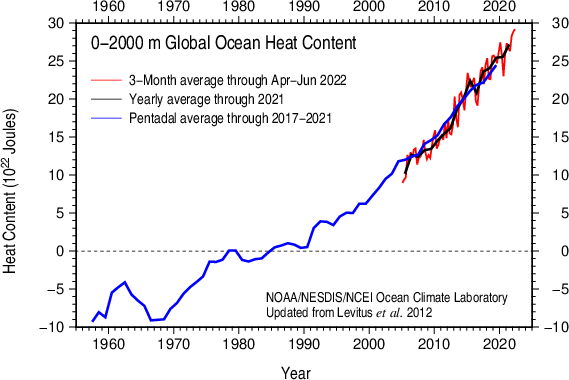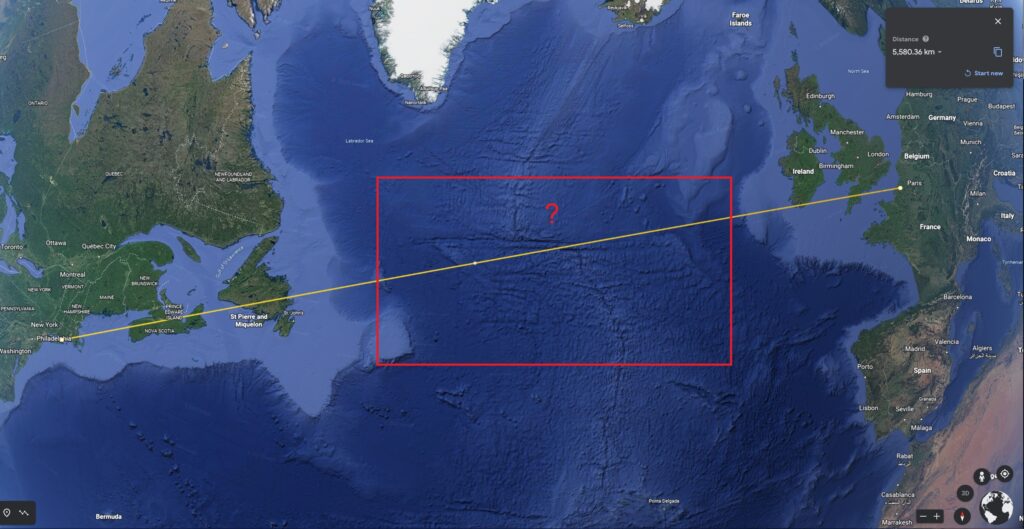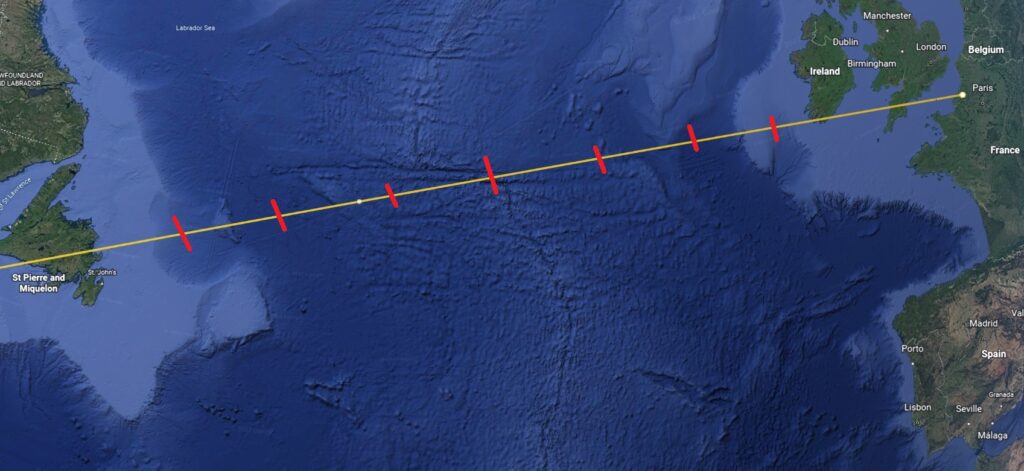What makes countries?
I’m dutch. The dutch provinces became a country when the noblemen ruling them (with force) decided they did not want to pay VAT to Spain anymore. That decision was forced when the spanish local authority wanted to have actual VAT per province and city, instead of an estimated amount. Basically the dutch traders grew tired of the meddling.
Now there where those that kept order and those that traded, and one protected the other to create a wealth creating society of individuals, of course with all kinds of things wrong. At that time you could not survive without being usefull or trying to ply a trade. After the spanish authorities beheaded the first group to complain about the VAT tax (after first conversing and spending an evening playing cards), the people that did not stick their neck out the first time became more important, notably William the Silent.
Now the only thing William did really was give permission to fight the spanish. This meant 80 years of fighting, on and off, which ended when the spanish ran out of gold to pay their mercenaries. Simple lesson learned : Don’t try to exploit far of countries. Stick to your own turf. Of course this is not the mentality you get if you can beat people with a sword, then the dynamic becomes one of the served and the servant, the exploiter and the exploited. Now the history of the creation of the Netherlands is much more complicated and interesting than the above, but it basically was the creation of a society where the fruits of labor where enjoyed mainly by those in that society, not by some foreign entity.
This is what a country is : A group of people that prefer to help each other over helping the people outside the country. It is a wealth creation community, where its much easier to create wealth within than between, mainly because of distance, custom and language differences. The creation of Holland was a decidedly econonomic event.
When we consider the dutch colonies abroad, discovered in the so called golden era of the VOC or “United East India Company” (the first company which issued stock?) You again see the combination of force + economic incentive = country. These ships going to get spice in the East where fighting, not only the natives but also the other countries there, the Portugese, the English, the French (I assume). At some point the dutch ruler gave permission to use the dutch army in those fights. That’s how Holland gained its colonies.
The point I am obviously trying to make is that countries are shaped by entrepeneurs, that want to get something out of them, and then organize so there’s some fighting force to define the limits of who owns what. This is greed, indeed because the dutch had food and shelter and heating (peat) and windmills and a fishing fleet. You could say this is a secondary way to create a nation, because the first way is when you manage to hold of marauders through cunning, force and superior weapons.
What maintains countries?
Now we’re in 2022 and our world looks like a bunch of frogs in a wheelbarrow, everyone is trying things now that NATO is at war with Russia over the ‘sovereignty’ of Ukraine. We can all see there’s a larger agenda at stake, although one has to wonder who’s agenda is prevailing. The desire of NATO is of course to have no significant enemy in Russia. To have no nuclear threat from Moscow. But NATO is a bunch of countries, can we even identify the true motivation for the people of these countries (except Ukraine) to fight? Nope it is dictated by a strategic advantage that can be achieved. So it seems at least.
Putin is trying to reinstate a geographical entity who’s entrepreneurial support has disappeared, who’s history was written with force over reason, in short, he is not going to manage to make a country out of Russia + Ukraine
The borders of countries are hardly defined by commercial considerations anymore. It is totally irrelevant if Greece has a border somewhere if Canada just mines gold there and exports it without giving Greece much of a cut. Borders don’t matter to Gaza if Isreal drills for its gas, or Turkey drills for Kurdish gas. Who cares really what happens in Saudi Arabia as long as the country keeps exporting oil? Why did Holland have to be in Indonesia as long as Shell kept exporting its oil to the world (so it cleaned up a little and ceeded the country (to the US its of course more complicated))? No countries needed if you can do all the trade you want. This is why globalism and nationalism are more or less opposed.
Nationalism is when people realize they are taken advantage off and they start to define a territory from which whatever resource can no longer be freely exported. This is happening with some african countries at the moment. Globalism is the philosophy that the only thing that counts is trade, not people. The extreme of globalism is that the world has no countries, the extreme of nationalism is that each house has its gun.
There needs to be a balance between globalism and nationalism because if you don’t protect your property, resources, women, land, against some foreigner who does not care about your life, you will be living in misery for its short and painfull duration. Globalists of course hide in castle cities, far from the pain they require for their existence. Many have no awareness at all of what they cause. They are the pinnacle of human achievement, like miracles sipping latte and doing pilates. That image of women may be an actual icon, like a religious icon, to the ultimate achievement.
Now as long as a country has enough military force, it can maintain ‘trade relations’ and worship its iconic consumer population. That population is not dying in the trenches, not being pushed from one refugee camp to the next. It goal is to enact the village community, feeling peaceful and at peace in the environment created. The perfect place, “the shining city on the hill”. The violence is elsewhere and continuous. The violence is done by traders and manufacturers, because of that dream city.
To carry it a bit further, the above image of the Friends cafe could be considered as the ultimate icon of western consumerism with widespread consequences for the entire planet. Not that the same type of social dynamic couldn’t occur without it, but it was the total self obsession while ignoring all the processes that had to happen to make it possible.
Countries fall apart?
You could say that the desire to create the above image of life which is strongly at odds with running an exploitative global economy still kept that process going. It was leveraged to make it possible. Things where not for free, had to be specific, where always changing, so that you never had what you where being told you needed. The belief you had to conform to some public norm itself was a major driver of the economy, which is why you are told it is important to always look at other people. Nobody can ever achieve the norm, unless your job in life is to advertise it. Creating a craving to strive for a lifestyle you can only achieve by heavy consumerism drives our economies.
This funds our militaries and keeps our borders water tight and at the same time completely open to globalists. Borders could just shift if it did not affect any trade. Also the removal of a major trade can destroy a country. Take Russia, the modern lifestyle and vibrant economy that was growing there was mainly happening to justify oil and gas exports. Now that there’s some problems there, you can expect the country to be struggling and the use of a latte sipping elite luring people to the country is to be strongly diminished. Will they ever return? They will if Russia makes itself something to fight for.
New Countries?
If the dynamic of a country is the organization of force to secure a trade advantage (another way of saying ‘taking advantage by force’) it doesn’t sound very positive. But if it would be the organization of force to defend a self sustaining community against degradation or exploitation it does. Modern countries are all about the exploiting some trade advantages, and even if they where destroyed or split up they would reemerge due to the desire to organize and attain that same trade advantage again. However because of the enormous hassle of reorganizing after a war, most countries make sure there’s no reason and no possibility for regions to split (like for example oil rich Kurish Iraq splitting from Iraq).
“Negative countries” are regions that nobody wants, larger parts of the world are now negative countries, but will be viable with the help of renewable energy
Nationalism is really a way to strengthen the resolve of a country to keep itself together usually on entirely useless grounds like language, culture, religion. You can be sure if you are a soldier called up to protect your country that you are being used by commercial interests (Russia). If what you hold dear is really threatened, nobody will have to ask you to fight (Ukraine). The exploiting (usually industrialist) have to make you focus on hating something, or you will become aware there’s something to gain, and wonder why you don’t partake in those spoils..
Nationalism and Patriotism are forms of madness. Asserting ownership and forcing others to respect it is not madness, especially if you are not hoarding an existentially important resource
Following the above logic a new country can only be created if there’s a way to justify and fund force. Only if the country the region is now part of is consistently mistreating or under rewarding the people in the region can there be a motivation to separate and form a new country. Of course force needs to be build up before a region can assert itself. Regions like that today that come to mind are Catalonia, the high North of Holland, although that has very little chance of being able to assert independence. It seems ‘independence’ ultimately means ‘in control of local resources’. Saudi Arabia is asserting its independence versus the USA at the moment.
The bigger the country and the more uneven the distribution of resources, the bigger the chance of fragmentation. Russia is likely to split up if it is unable to keep all regions under forced or cooperative control (probably forced). The same goes for all other large countries. I think it is best to already have semi autonoumous states or provinces, and better to recognize regions so that any non-sharing impulse of one can be neutralized by a positive response (sharing of resources). This is much smarter than to strengthen any abusive relationship. This is what the globalists try to achieve to some extend, mainly by distribution of fossil credit. The distribution of renewable energy sources can have a similar dynamic.
In the end I don’t believe there are countries without a purpose, and new ones will be formed every time some imbalance or opportunity develops. Globalist nor nationalist can stop this dynamic, they can only be the ones we identify as battling against the tides of human greed and time..



